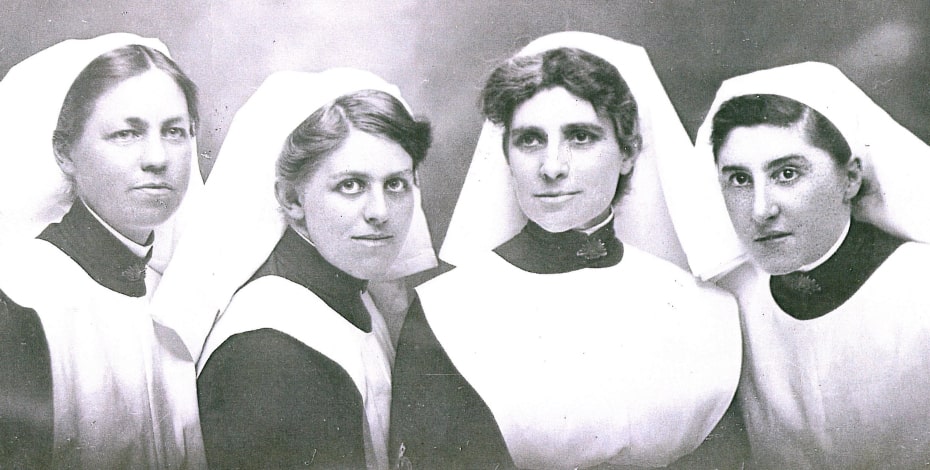
Tap into a world of physio history

Of all the interesting stories on the International Physiotherapy History Association’s website, the one about a New Zealand physiotherapist saving the life of an English cricketer who had been hit by a bouncer and swallowed his tongue is one of the more intriguing.
The collection of stories, covering everything from the invention of the wheelchair to how a yachtswoman revolutionised physiotherapy and much more from around the world, has been co-curated by Australian physiotherapist Glenn Ruscoe, the website’s administrator and history buff.
The private practitioner, inaugural chair of the Physiotherapy Board of Australia and managing director of the .physio top level domain, is on the executive of the IPHA, and is working to collect the photographs and stories that chart the profession’s history.
Glenn has also authored many articles on the website, including a piece about Prue Galley’s successful bid to have Australian physiotherapists act as the world’s first primary contact professionals, entitled The Primary Contact Physiotherapist.
‘If you go on to the website you will see a lot of stories. Some of them are fun,’ Glenn says. ‘I’ve written probably about eight or 10 articles for that, just things I pick up around the internet, but there are other authors as well.’
Late last year, the IPHA announced history’s greatest physios after calling for nominations from around the world. There were an incredible 363 nominations from 49 people, and of the 25 shortlisted there were three Australians—Geoff Maitland, Prue Galley and Frederick Teepoo Hall.
‘As a private practitioner, I really wanted Prue to make it in the top 10, because I thought what she did changed the profession forever,’ Glenn says. ‘I would charge the APA with investigating a bit further and celebrating our past. For example, why isn’t there a Frederick Teepoo Hall Award? This Anglo Indian overcame extraordinary hostility at the height of the White Australia Policy to create the profession that we enjoy today, and yet he remains relatively unknown. We have the conferences, we have the Honoured Members, perhaps there should be a Fredrick Teepoo Hall Award.’
Glenn says he became involved on the executive and with the website after responding to a tweet from Dr David Nicholls, an Associate Professor in the School of Public Health and Psychosocial Studies at Auckland University and author of many books including The End of Physiotherapy. Glenn says the book reviews the ‘body as a machine’ history of physiotherapy and says ‘if we continue on the same path we’re doomed’.
‘My interest in physiotherapy history comes from a desire to understand the profession better,’ Glenn says. ‘I go to conferences and I feel like there’s a culture there that I don’t comprehend. I don’t know why the culture is the way it is; how did it evolve? It is, in essence, in trying to understand it because we just take all this for granted, where we are, and discovering how we got here is amazing.’
The IPHA executive is made up of seven members of the IPHA including Glenn and David as well as Fiona Jenkins, Robert Jones and Nicky Wilson (all from the UK), Canadian Sarah Marshall, Brazilian Geraldo Barbosa, Cameron Marshall form the US and Sandra Schiller from Germany. The group meets online monthly and holds quarterly online meetings with the membership. Visit history.physio for free membership and weekly updates.
© Copyright 2024 by Australian Physiotherapy Association. All rights reserved.





